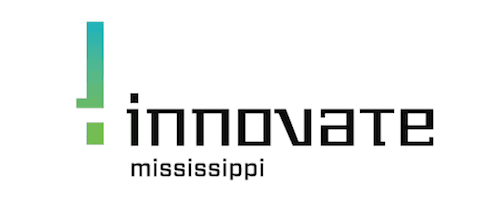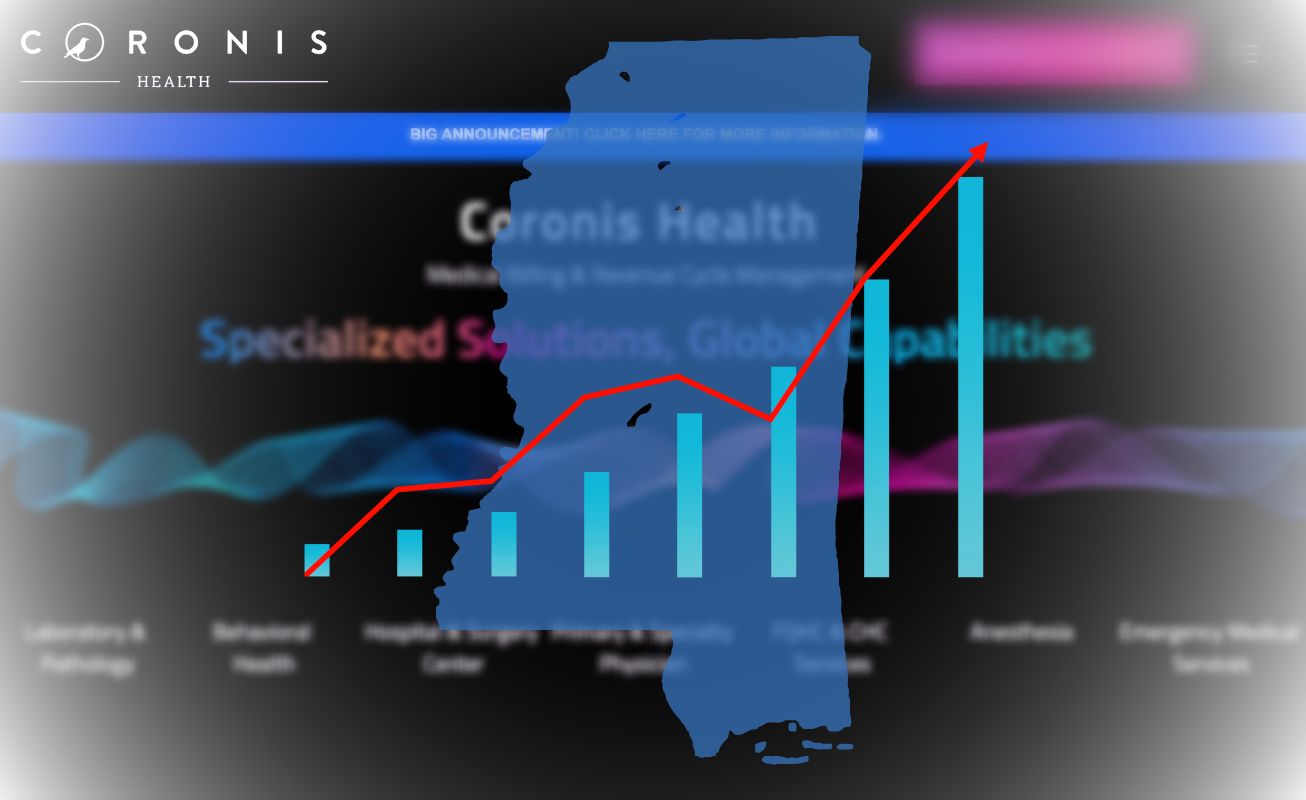When Coronis Health sold for over $650 million this past spring, several investors in the Mississippi-founded company reaped the rewards. After years of growing pains, headaches and cat-herding, the team that stuck it out enjoyed a considerable return on their investment.
The Coronis story started more than 15 years ago when two Mississippians who had worked at Ross Perot’s Electronic Data Systems (EDS) in Dallas noticed an opportunity around the government requirements for new, secure electronic medical records. They started Integrated Healthcare Solutions, or ICHS, and went to work on state-of-the-art software that helped those medical offices keep up with the times.
Real estate and construction investor Steve Steen recalls being pitched on investing in the company. High-tech wasn’t his specialty, so he turned to Curtis “Kirk” Hughes, whose career included time at Mississippi technology companies such as MobileCom, SunCom, and Irby Companies. Hughes “drilled them on what they were doing” for a few weeks, said Steen. Eventually, they decided to help IHCS raise $2 million from around three dozen investors to get the company off the ground. They formed a board of directors for the company and released money out of escrow every few weeks as management justified their expenses.
Hughes credits Eddie Hacskaylo, Steve Wright and Hal Parker for creating stability for the company from the board of directors and making critical decisions and hires that led to early success.
After the untimely passing of two early CEOs—Duke Willingham and Jeffrey Huff—the board convinced Joe Powell to take the reigns. Powell, an MBA from Mississippi State, had spent 22 years at Deposit Guaranty bank in Jackson, leaving his post running investor relations and investment activities at the bank to helm IHCS. He remembers it as a Mountain Dew-fueled coder startup, complete with the obligatory ping-pong table and all-nighters.
“It was a really neat product, different in the marketplace. [The team was] excellent at going into a clinic and saying, ‘we see how you work; we can tailor our software to your style of working,'” Powell said. He said the early team would make changes all night and then drive to places like Dallas to pitch the product to doctors and clinics.
Around 2013, Powell got a call from “a guy in Boston”—it was Brook Ventures, later renamed 424 Capital, a venture capital firm that specialized in taking smaller companies with similar products and services and merging them into much larger ventures. Powell oversaw the sale of IHCS to 424 Capital, which merged it with a similar company in Baltimore. The resulting firm was named Coronis Health—headquartered in Maryland.
As part of that transaction, many of the original Mississippi shareholders became members of an LLC that served as a single shareholder in the merged company. Investor Ben Walton, who had gotten into the company on the initial $2 million raise, worked with Powell, Hughes, Parker, and others as board members and observers for the newly formed companies and shepherded the Mississippi investors’ interests in the company.
Coronis soon sold off the software side of the company that had launched IHCS. It focused, instead, on a part of the business that had grown under Powell—medical billing and “revenue lifecycle management.” Coronis went across the country, acquiring small medical billing companies, many of them “mom and pop” operations, to the tune of 6-7 per year at its height. Over several years, the company grew to a national firm focused on specific verticals—pediatrics, emergency rooms for hospitals—and their billing and collections challenges.
Those acquisitions also offered risks and opportunities for the Mississippi investors, whom Coronis asked several times to re-invest to avoid diluting their share of the business. When some individual investors demurred, others stepped up to fill the gaps and keep the LLC whole.
Earlier this year, when Coronis Health sold for over $650 million, the investors who stuck it out were rewarded for 15 years of believing in the company and the direction taken by its board, CEO, owners and minority investors. While nearly all the investors did well—Steen says his return was in the “higher single digits”—those who kept investing, like Hughes, reaped significant rewards, seeing 10-12x or better returns on the dollars they continued to put into the business.
“Kirk didn’t just pay his share; he filled the gaps,” Steen said. “He was smart enough to capitalize on that.”
“The point is that with a lot of these businesses, you have to have patience, and you need multiple funding rounds,” said Walton. He has previously served as president of the Mississippi Angel Fund and is a member of the Innovate Mississippi Mentor Network, among many other hats he wears.
“The key programmer was from Lawrence County, Mississippi; the whole county is smaller than most towns. We started with someone very bright who needed support, which led to 10x returns,” Walton said. “It’s great to see a fantastic outcome resulting from Mississippians working hard together.”
“These companies are out there but under the radar,” said Innovate Mississippi CEO Tony Jeff. “That’s one reason Innovate Mississippi works hard to organize our investment community, get them talking to entrepreneurs and serve as a connector for the entrepreneurial ecosystem in the state.”

